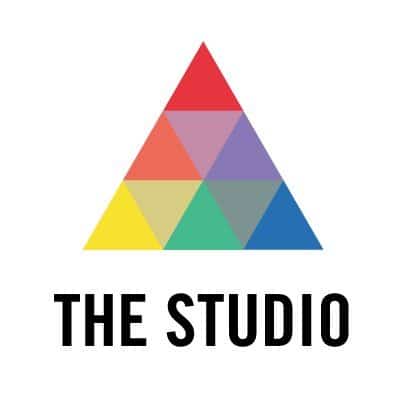Hello blog readers! I’m Andrea, one of the fellows in the UIowa Digital Scholarship & Publishing Studio this summer. I’m in the middle of the MFA in Literary Translation Program at UIowa, and I translate from French to English. This summer I’m working on a website that includes some translations with digital features, inviting the reader to think like a translator and explore how translators make decisions. For this post, I’m going to throw out some ideas that I’ve been mulling around in my head regarding Machine Translation.
I could conduct research and practice digital translation for the next ten years and still not be done, and the research from my first year would become obsolete by the end of the decade. This may seem daunting, but for me, young and naïve 23-year-old academic who still doesn’t drink caffeine, the potential of this field is exciting.
I’ve been reading a lot of theory recently about machine translation and technology, specifically Google Translate which has gained dominance in the last five years. I love the ways these articles/essays both underscore and undermine traditional translation theory. Translation theory is thus incredibly dynamic, constantly altered by the technologies that necessitate and facilitate its existence.
The field of translation is growing, and so is the fear that one day we translators will be completely replaced by Translation Machines. If you’re not scared yet, read about Google Translate’s new “Neural Machine,” which debuted last fall and is gaining traction in new languages:
A brief quote that explains how it works:
“The team trained its system on hundreds of hours of Spanish audio with corresponding English text. In each case, it used several layers of neural networks – computer systems loosely modelled on the human brain – to match sections of the spoken Spanish with the written translation. To do this, it analysed the waveform of the Spanish audio to learn which parts seemed to correspond with which chunks of written English. When it was then asked to translate, each neural layer used this knowledge to manipulate the audio waveform until it was turned into the corresponding section of written English.”
In other words, it’s translating “wave-to-wave” instead of “word-to-word.” This is a translation on a neurological level, not just a transcription of bilingual dictionaries. The emphasis is on accuracy of meaning without the obstacle of the words themselves.
And, if you thought that Google had the monopoly on machine translation, just this week Amazon announced working on its own Machine Translation services.
I entered this program at UIowa because it seemed like a perfect fit for my interests in French literature. But will the skills I gain here be superseded by Machine Translation? Will my career be safe (if it was even safe in the first place)? Should I consider pursuing other fields?
Something I like to tell myself: “Machines will never be able to fully grasp a literary text’s meaning, its artistry, or its historical, cultural, and etymological context.”
“Maybe, maybe not,” I cynically respond. Imagine a Google translate of the future that allows settings for input and output. Translate one of Basho’s haikus into “teenage German vernacular.” Translate Romeo and Juliet into “Latin, in the style of Cicero.” Translate Kafka’s Metamorphosis to English using predominantly Anglo-Saxon words. What if one day Machine Translation has this ability to alter its algorithms to include stylistic input and output? I don’t think this is impossible. After all, Google Translate learns from its usage. The more translations that are run through it, the stronger it gets, and the smarter the translators get, the smarter it gets. With the right upkeep, it will always have more memory, more resources, more algorithms than its human counterparts.
Many translators, including myself, sometimes use Google Translate for reference, and after getting a rough draft of an excerpt, they work from there to imbue the text with the elements “lost in translation.” If Machine Translation can help us translate more efficiently, without completely taking over our careers, we should celebrate its consequence: the increase of world literature available in English. As translators, isn’t that our ultimate goal?
So what does the future look like for translators? Will we become obsolete (or when?)? Will we have to pursue careers managing and coding Translation Machines? I can’t say. For now, Google Translate is unable to capture style, rhyme, and rhythm; it can only reproduce meaning. For now, Translation Machines are unable to adequately compute the artistic qualities of texts. For now, human translation prevails.
Maybe one day Translation Machines will be able to interpret a text’s beauty. Until then, we need tech-savvy human translators working on world literature. Until then, we need innovative and passionate translators to do what Machines cannot. Until then, I’ll be translating.
